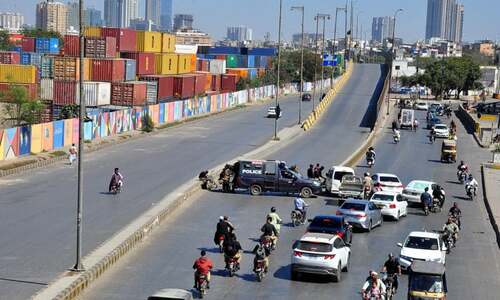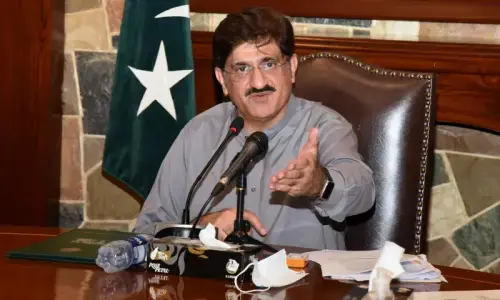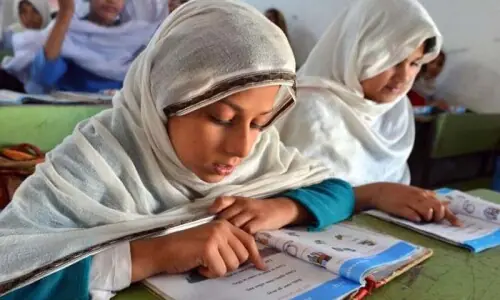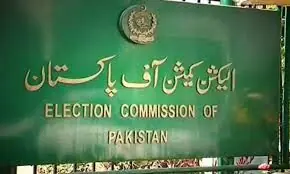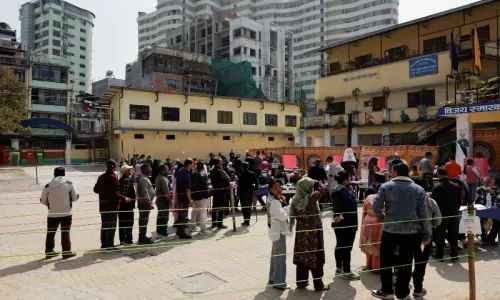KARACHI, March 29: The Oxford University Press will bring out Urdu translations of The Elementary Learner’s Dictionary, The Concise Oxford Dictionary, and of great English classics such as Portrait of a Lady and Pride & Prejudice.
The idea is to introduce readers of Urdu to popular classics and also to translate and make available our own Urdu classics in English, Ameena Saiyid, the managing director of the Oxford University Press, said. She was speaking at the launch of Harry Potter and the Philosopher’s Stone’s Urdu translation, published by the OUP, titled Harry Potter Aur Paras Pathar, at the British Council.
The translation, already available in the market, has become very popular among children. It has been translated by Darakhshanda Asghar Khokhar, a housewife and grandmother, who some time ago noticed her young granddaughter totally engrossed in the first book of the world-renowned series.
When I first read it, I too fell in love with the enchanting tale of the young orphan wizard, Said Darakhshanda. I felt an urge to tell all children about Harry, even those who belong to Urdu-medium schools and has difficulty in reading English. I wished for them to enjoy the book the same way my granddaughter does. This was the thought which motivated Darakhshanda to pick up a pen and start work on the translation. In the beginning she didn’t have any idea of whom to approach for its publication. Darakhshanda said she admired J. K. Rowling’s wonderful style and beautiful narrative. She was specially careful not to mess with Rowling’s attention to detail for her own book. The task was not easy in the beginning as she could not find the right words to use but then she started referring to the Standard English to Urdu Dictionary by Maulvi Abdul Haq, which became her most useful tool.
Ameena Saiyid explained that the book was made possible after getting proper permission from J. K. Rowling who owned the copyright. Contracts were signed and Rowling would be getting her share of the royalties from the Urdu version too.
Later, some specially invited schoolchildren were given a chance to come up on the stage to present their views on Harry Potter.
They told the audience about their favourite part and characters of the book. During this time, when the microphones suddenly stopped working, someone in the audience commented, Harry Potter has arrived! Earlier there was also an art, quiz and translation competition held among the children. The schools, which took part in these competitions, were Khatoon-i-Pakistan School, Nasra School, Rukaiya Hajiani School, The Pinnacle School and the Pakistan Academy.
To save the best for last, Fatima Suraiyya Bajiya took over the mike from the kids to read out a passage from Darakhshanda’s translation. She read out a touching portion from the second chapter. The story sounded even more touching and beautiful with Bajiya’s reading punctuated with appropriate explanations.
It is quite evident from what was read out that Darakhshanda will soon become a household name. For she has become the J. K. Rowling of Pakistan.—Shazia Hasan

